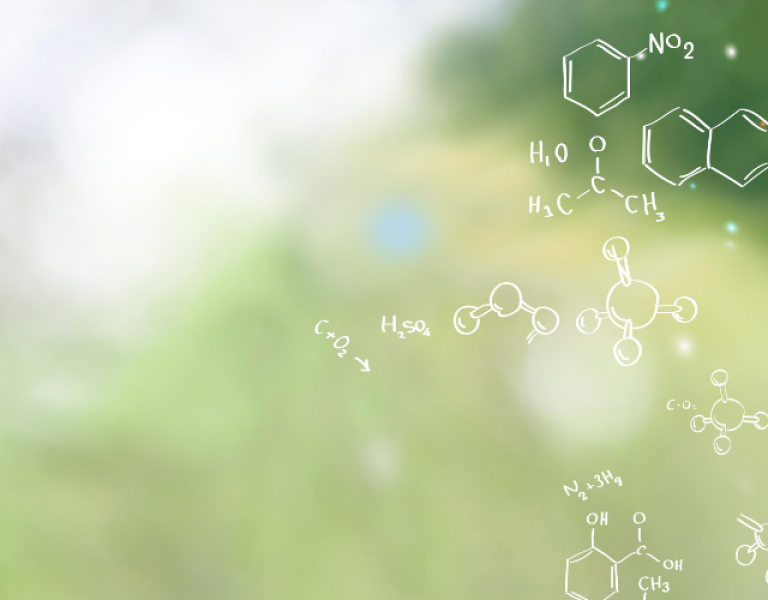Chitosan boasts a broad spectrum of antimicrobial activity
Against viruses:
- chitosan inhibits systemic propagation of viruses throughout the plant and enhances the plant’s hypersensitive response to infection
- the level of viral suppression could vary depending on the molecular weight of the chitosan used
Against bacteria:
- chitosan inhibits growth of a wide range of bacteria
- it's thought to bind to the negatively charged bacteria cell wall causing disruption of the cell, altering membrane permeability, which is then followed by attachment to DNA causing inhibition of DNA replication and subsequent cell death
Against fungi and oomycetes:
- chitosan reduces in vitro growth of many fungi and oomycetes
- elicits plants to produce chitinase and chitosanase which degrade cell walls of fungi
- increased lignification of cell walls in plants defends against many fungi
Against nematodes:
- the interaction between positively charged chitosan molecules and negatively charged microbial cell membranes leads to leakage of proteinaceous and other intracellular constituents
- chitosan is a chelating agent that also inhibits production of toxins and microbial growth
- chitosan also reduces egg hatching, affects larva mortality, and reduces nematode parameters (number of galls, females, juveniles, and developmental stages)


